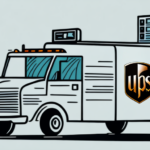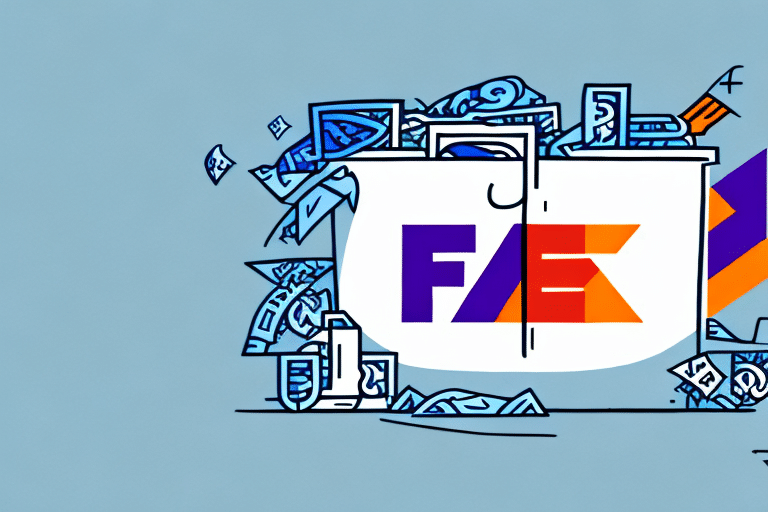Understanding Chargebacks and Their Impact on Your Business
Chargebacks have become a significant concern for businesses across all industries. Essentially, a chargeback is a reversed transaction initiated by a customer through their bank or credit card issuer, typically due to a dispute over a purchase. While chargebacks can be a legitimate way for consumers to rectify fraudulent or unsatisfactory transactions, they can also indicate underlying issues such as fraud or poor customer satisfaction. Consistently high chargeback rates can severely impact your business's financial health and reputation.
What Triggers a Chargeback?
- Fraudulent Activity: Unauthorized transactions or identity theft can lead to chargebacks.
- Product or Service Issues: Items not delivered, not as described, or defective products.
- Billing Discrepancies: Customers not recognizing the business name on statements or unexpected charges.
- Customer Dissatisfaction: Poor customer service or complicated return processes.
The Financial and Reputational Consequences
Beyond the immediate loss of revenue from the disputed transaction, chargebacks can incur additional fees from payment processors and banks. According to the FIS Global, businesses can face substantial financial penalties and increased processing costs due to high chargeback rates. Moreover, a tarnished reputation can lead to decreased customer trust and loyalty, further impacting long-term profitability.
Strategies to Prevent Fraudulent Transactions
Preventing fraudulent transactions is a critical step in reducing chargebacks. Implementing robust fraud detection and prevention mechanisms can safeguard your business from financial losses and reputational damage.
Implementing Advanced Fraud Detection Tools
Utilize sophisticated fraud detection software that analyzes transaction patterns and flags suspicious activities. Tools like ABA Commerce Solutions offer comprehensive fraud prevention services tailored to various business needs.
Enhancing Customer Authentication
Adopt multi-factor authentication (MFA) and 3D Secure protocols to ensure that transactions are being made by legitimate account holders. According to a report by Deloitte, businesses implementing MFA experience significantly lower rates of fraudulent transactions.
Best Practices for Managing and Resolving Chargebacks
Even with preventative measures in place, some chargebacks are inevitable. Implementing effective dispute management practices can help mitigate their impact.
Prompt Response to Disputes
Respond to chargeback notifications swiftly. According to the Chargeback Management Association, timely responses can increase the likelihood of a favorable outcome in disputes.
Maintaining Comprehensive Transaction Records
Keep detailed records of all transactions, including receipts, correspondence, and delivery confirmations. These records serve as crucial evidence when contesting chargebacks.
Training Dedicated Staff
Assign a team or individual responsible for handling chargebacks. Well-trained personnel can navigate the dispute process efficiently, ensuring consistency and accuracy in responses.
Establishing Clear Policies and Effective Communication
Transparent policies and proactive communication with customers play a vital role in preventing chargebacks.
Clear Refund and Return Policies
Clearly articulate your refund and return policies on your website and during the purchase process. According to Oberlo, businesses with transparent policies experience fewer chargebacks related to returns and dissatisfaction.
Effective Customer Support
Provide accessible and responsive customer service to address issues before they escalate to chargebacks. Implementing live chat support and ensuring quick resolution times can enhance customer satisfaction.
Detailed Product Descriptions
Offer comprehensive and accurate product descriptions and high-quality images to set clear customer expectations, reducing the chances of disputes over product discrepancies.
Leveraging Technology to Minimize Chargeback Risks
Integrating advanced technologies can significantly reduce the risk of chargebacks by enhancing transaction security and streamlining dispute management.
Utilizing Chargeback Management Platforms
Platforms like Chargebacks911 offer tools to automate and manage the chargeback process, making it easier to track and respond to disputes effectively.
Tokenization and Encryption
Protect customer payment information through tokenization and encryption, ensuring data security and compliance with standards like PCI DSS.
Real-time Transaction Monitoring
Implement real-time monitoring systems to detect and prevent suspicious activities as they occur, thereby reducing the incidence of fraudulent transactions.
Collaborating with Payment Processors and Financial Institutions
Building strong relationships with your payment processors and issuing banks can aid in chargeback prevention and resolution.
Adopting Industry Best Practices
Work with your payment partners to adopt and implement industry best practices for fraud prevention and chargeback management.
Regularly Reviewing Transaction Data
Collaborate with your payment processors to analyze transaction data and identify patterns that may indicate potential fraud, allowing for proactive intervention.
Staying Compliant with Regulations
Ensure that your business adheres to all relevant financial regulations and standards to maintain a good standing with banks and payment processors, facilitating smoother dispute resolutions.
Staying Informed and Proactive Against Chargebacks
Keeping up-to-date with industry trends, regulations, and emerging fraud tactics is essential for staying ahead in chargeback prevention.
Continuous Education and Training
Stay informed about the latest chargeback prevention strategies and fraud detection technologies through continuous education and training programs.
Monitoring Industry Regulations
Regularly review and adapt to changes in industry regulations to ensure compliance and leverage new tools or protocols that can aid in chargeback prevention.
Analyzing Real-life Case Studies
Learn from businesses that have successfully mitigated chargebacks by studying real-life examples and applying their best practices to your operations.
In conclusion, preventing chargebacks and safeguarding your business requires a comprehensive approach that combines understanding the underlying causes, implementing robust fraud prevention measures, maintaining clear communication with customers, leveraging advanced technologies, and collaborating effectively with financial partners. By adopting these strategies, you can minimize chargeback occurrences, protect your revenue, and uphold your business's reputation.






















